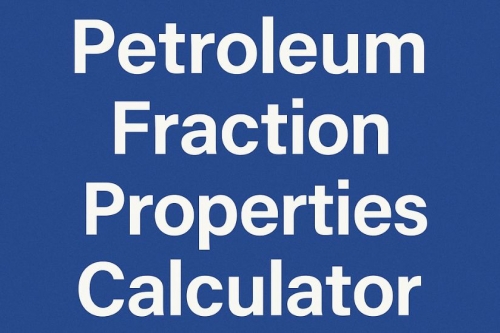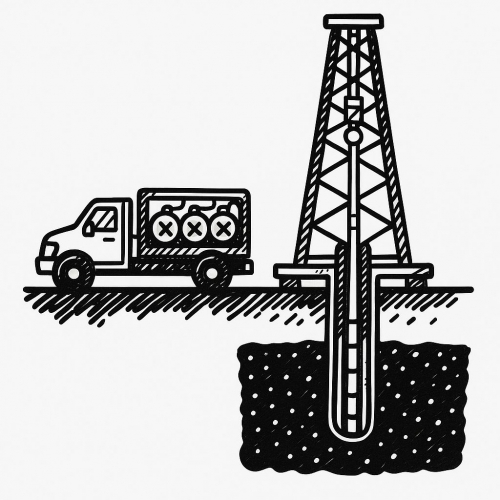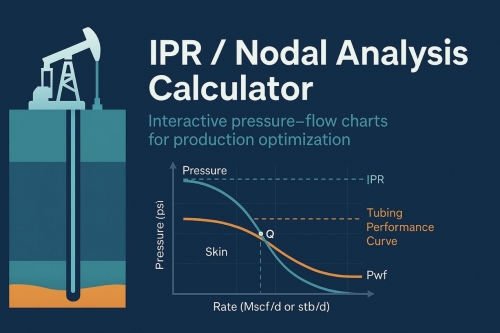Polyvinyl Alcohol (PVA) is a versatile polymer with a wide range of applications across various industries. One of the lesser-known but highly impactful areas where PVA has found extensive use is in the oil and gas sector. This article explores the diverse applications of PVA in the oil and gas industries, highlighting its role in enhancing efficiency, safety, and environmental sustainability.
Drilling Fluids and Mud Additives
In the drilling processes of oil and gas exploration, drilling fluids are crucial for maintaining wellbore stability, cooling and lubricating drill bits, and removing drill cuttings. PVA is used as an essential component in drilling mud additives due to its ability to increase viscosity and provide lubrication. It helps prevent fluid loss, minimizing the risk of formation damage and wellbore instability.
Enhanced Oil Recovery (EOR)
Polyvinyl Alcohol is used in enhanced oil recovery techniques to improve the efficiency of oil extraction. PVA polymers can act as viscosifying agents, increasing the viscosity of injected water in processes like polymer flooding and alkaline-surfactant-polymer (ASP) flooding. This enhanced viscosity allows for better sweep efficiency, resulting in increased oil recovery rates.
Fracturing Fluids
In hydraulic fracturing (fracking), PVA plays a vital role in the composition of fracturing fluids. Its water-soluble and film-forming properties make it an ideal candidate for stabilizing proppant materials (sand or ceramic beads) and minimizing their settling in the fracturing fluid. This ensures the proppant is evenly distributed in the fractures, improving oil and gas extraction rates.
Wellbore Cleanup
After drilling and fracturing operations, PVA-based solutions are used for wellbore cleanup. PVA pills or plugs can be introduced into the wellbore, and they dissolve over time, effectively removing any residual drilling fluids and debris. This process ensures that the well is clean and ready for production operations.
Corrosion Inhibition
Corrosion is a significant concern in the oil and gas industry. PVA-based coatings and inhibitors are used to protect metal surfaces from corrosion caused by harsh environmental conditions or the presence of corrosive substances in the reservoir fluids. These coatings provide a durable barrier against corrosion, extending the lifespan of equipment and pipelines.
Gas Hydrate Inhibition
PVA is employed in preventing gas hydrate formation in pipelines and equipment. Gas hydrates, which are ice-like compounds formed by the combination of natural gas and water under high-pressure, low-temperature conditions, can block pipelines and pose safety hazards. PVA-based inhibitors act as anti-agglomerants, preventing gas hydrate crystals from forming and sticking to surfaces.
Environmental Considerations
The use of PVA in the oil and gas industry is not only beneficial for operational efficiency but also for environmental sustainability. By improving extraction and transportation processes, PVA contributes to reducing energy consumption and emissions. Additionally, its use in wellbore cleanup and corrosion inhibition helps minimize environmental contamination risks.
Conclusion
Polyvinyl Alcohol, with its unique properties and versatility, has become an indispensable component in various aspects of the oil and gas industries. From drilling fluids and enhanced oil recovery to corrosion inhibition and environmental considerations, PVA plays a crucial role in enhancing efficiency, safety, and sustainability within the sector. As the oil and gas industry continues to evolve, the applications of PVA are likely to expand, further demonstrating its importance in this vital field.

%20(1).png)



